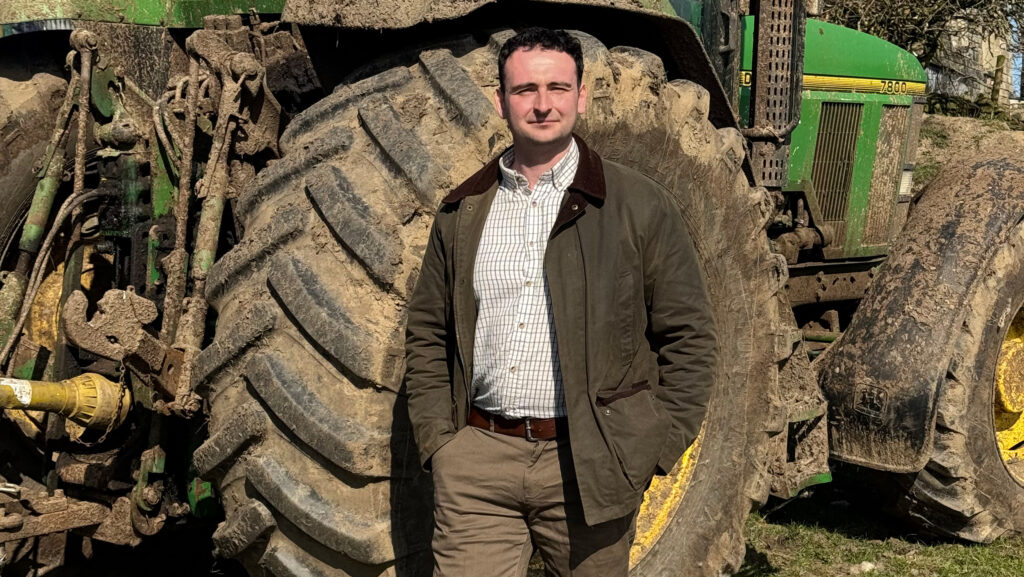Peter Gittins: Universities should support UK farming more
 Peter Gittins © Peter Gittins
Peter Gittins © Peter Gittins Few UK universities teach agriculture. Most are urban-based and geared toward city careers.
Farming is often overlooked as a viable option, characterised by rural remoteness, hard graft, and modest pay.
But universities can – and should – do more to support British farming and rural communities.
See also: Peter Gittins – small farmers face a huge power imbalance
Meat bans
In the name of climate goals, some universities consider banning meat from campus. Yet meat remains central to most diets worldwide.
Swapping it for imported vegan goods may look good on a climate report, but often just shifts the problem overseas. It’s less about sustainability, and more about playing a numbers game.
Instead, universities need to take an honest, evidence-based approach to food sourcing.
With fewer than 10% of UK citizens identifying as vegan or vegetarian, campuses should prioritise seasonal, locally sourced food and offer genuine choice – including plant-based options for those who want them.
Imposing full-scale meat bans or switching entirely to vegan catering is a misguided approach that ignores the preferences of most students/staff, undermines British producers, and risks doing more harm than good.
Where British produce isn’t available, universities should look for high welfare and ethical standards.
Integrated teaching
Agriculture should also be better integrated across teaching. Farming spans 71% of the UK’s land and intersects with business, environment, policy, and culture.
Business students should explore rural enterprise. Sociologists should examine countryside communities.
Literature students could trace the rural roots of classic novels. Computer scientists should explore how AI and agri-tech are reshaping food production.
Rural contexts are often only brought into teaching by a handful of individuals with lived experience, in a curriculum still largely shaped by urban perspectives.
Universities also need to get out of the classroom, partner with local farms and take students on field visits.
Many may never otherwise engage with agriculture. Yet many international students have strong ties to farming back home. Better connecting them to rural Britain could be mutually beneficial.
The whole point of a university is to be integrated into and supportive of the local economy – so why do so many overlook the rural locales right on their doorstep?

